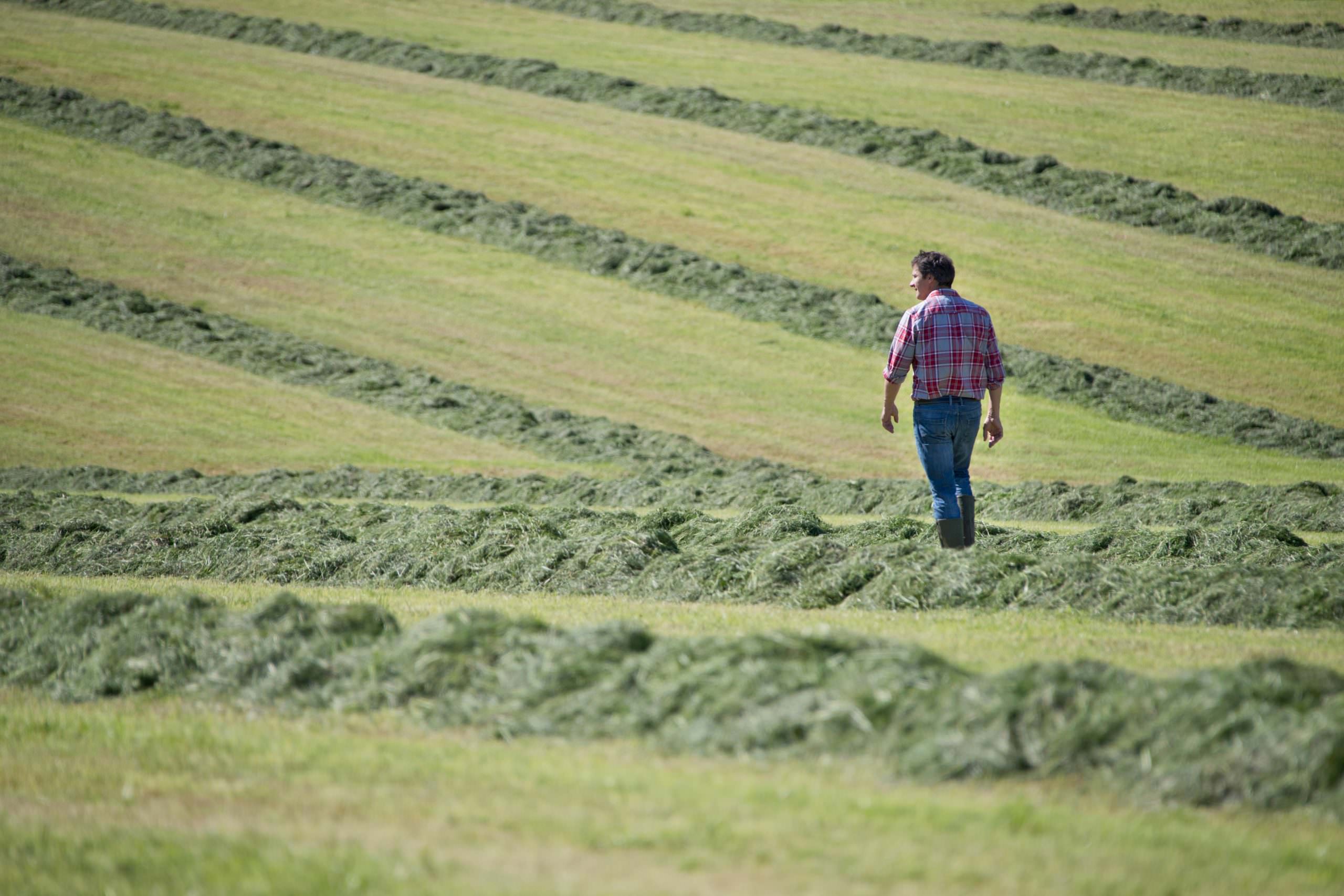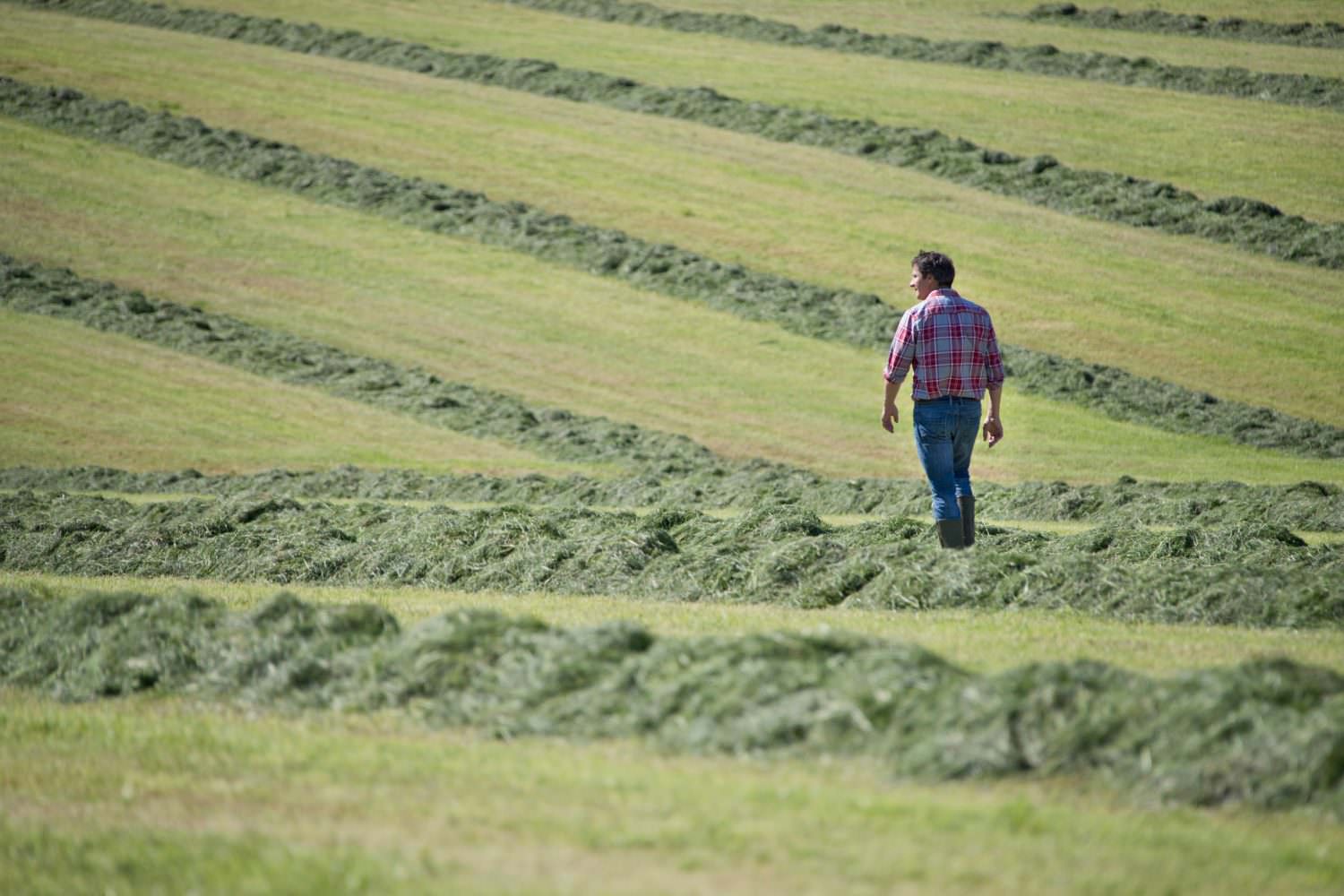Shrewsbury Agricultural & Professional
Mercian House,
9 Darwin Court, Oxon Business Park, Shrewsbury, SY3 5AL
Oswestry Agricultural & Professional
The Estates Office,
23 Church Street, Oswestry, SY11 2SU
Sustainable Farming Incentive
16th December 2021
With more exciting news released by George Eustice at the CLA’s Business Conference with DEFEA’s support being released last week, the Agricultural Transition Plan (ATP) is well under way. Levels of concern by Farmers, Contractors and Land managers can start to decrease, as a wider picture of how DEFRA is going to support the agricultural, horticultural and arboriculture industries, creating a vision for the future.
Great emphasis has been displayed by making the Sustainable Farming Incentive (SFI) scheme accessible to more people being now available to tenants on tenanted land. When released, it will be open to all Farmers who currently claim BPS on more than 5 hectares of land, which will then be extended in the future years. The SFI is a new scheme, one of three schemes under ELMS which will replace the Basic Payment Scheme. The scheme has been piloted over the last year with changes being constantly made based on feedback from participants.
The Sustainable Farming Incentive offers agreements of 3 years in which amendments can be made every 12 months. This is a change from the Country Stewardship Mid Tier and Higher Tier schemes being 5-year schemes with no flexibility once a scheme is put in place. Also, the flexibility of the SFI means that Farmers don’t have to put all their land in the first year and can add as much or as little as they like over the three years. As well as being more accessible, there is also no requirement for landlord permission for the tenant to enter the scheme in 2022 yet checking their tenancy agreement to check they can apply is fundamental.
Another key point added to the Sustainable Farming Incentive is there will be no fixed penalty for exiting the scheme within the 3 years under exceptional circumstances, such as loss of management control on their land.
Currently the SFI includes 8 standards (over up to three ambition levels) that farmers/land managers can apply for that provide different payment rates including arable and horticultural land, arable and horticultural soils, farm woodland, hedgerows, improved grassland, improved grassland soils, low and no input grassland and water buffering. Additionally, DEFRA announced yesterday that they are looking to also include a Moorland and rough grazing standard so that all land types are inclusive within the scheme.
Within the pilots taken over the last year, DEFRA have been working with Farmers and other land managers to manage and conserve to benefit the ecosystem services. As a result of this, when the grant scheme opens, Farmers/land managers will be able to apply for different ambition levels to different parcels on their farm. The test and trials have proven beneficial to DEFRA, listening to farmers and their conflicting views specifically in areas such as minimum tillage/ no tillage techniques, has meant that offering these elements in the first release DEFRA felt was too early to lack of information and needing more time for testing and understanding.
Further details on some standards are listed below:
Arable and Horticultural Soils Standards specifics:
- Available at 2 levels- introductory (£22/hectare per year) or intermediate (£40/hectare per year)
- Both levels will require farmers to:
- Test soils for organic matter
- Develop a soil plan
- Ensure winter cover crops are in place for 70% of entered land
- Apply organic matter each year to 1/3 of the land entered
- Develop a soil plan
- Test soils for organic matter
- Intermediate level will also require a sown green cover crop in place over the winter months for 20% of the entered land.
Grassland Soils Standard specifics:
- Available at 2 levels- introductory (£28/hectare per year) or intermediate (£58/hectare per year)
- Both levels will require farmers to:
- Test soils for organic matter
- Develop a soil management plan
- Ensure at least 95% green cover on land over the winter months
- Develop a soil management plan
- Test soils for organic matter
- The intermediate level requires that herbal leys are established and maintained on 15% of the area entered.
Moorland and Rough Grazing Standard Specifics:
- Will only be available on land above the Moorland Line, with the release in 2022 at the introductory level only of (£148/agreement and £6.45/hectare)
- Farmers need to assess their moorland by looking at:
- Soil types
- Peat depth
- Associated vegetation
- Intermediate and advanced levels will apply in future years
Animal Health and Welfare Pathway:
The first level of payment offered will be a lump sum payment for a diagnostic visit by a vet with a view to recommendations and actions that improve animal health.
Payments will be made if farmers have 50 pigs, 20 sheep or 10 cattle with the following payments;
- Pigs- £684
- Sheep- £436
- Beef Cattle- £522
- Dairy Cattle- £372
For any further questions please contact;
Pip Maddocks, Oswestry Office 01691 644334 – philippamaddocks@rogerparry.net
Amy Thomas, Welshpool Office 01938 554499 – amy@rogerparry.net


